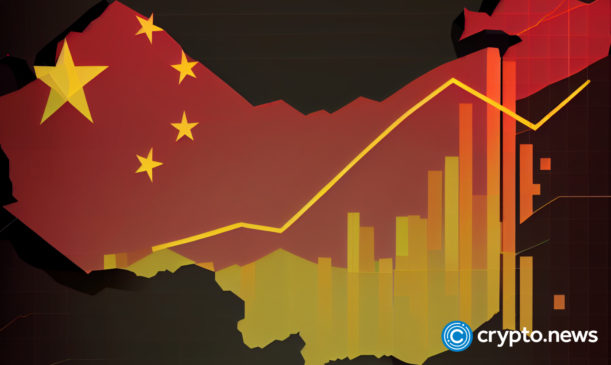On April 14, the United States Office of Foreign Assets Control (OFAC), under the Treasury Department, sanctioned five individuals and two companies based in China for supplying cartels in Mexico with precursor ingredients used to manufacture opioids.
OFAC sanctions
Of the five people sanctioned, a 32-year-old WANG, Hongfei, a Chinese national based in Hebei, had his bitcoin (BTC) address blacklisted by United States authorities. Hongfei’s details were displayed, including his association with Wuhan Shuokang Biological Technology. Yao Huatao, whom the OFAC also sanctioned, owns the firm.
United States authorities believe Hongfei has been transacting using cryptocurrencies. Specifically, OFAC investigators linked Hongfei with a bitcoin address: “3PKiHs4GY4rFg8dpppNVPXGPqMX6K2cBML”
Onchain data shows that the wallet had received 15.24498106 BTC ($461,695). A big chunk, 14.27992264 BTC (432,399), had been withdrawn. Only 0.96505842 BTC ($29,222) remains in the wallet.
Investigators have reason to believe that Huatao was in charge of supervising the sale of fentanyl precursors to drug cartels in Mexico. Sales were processed through Ana Gabriela Rubio Zea, a Guatemalan citizen, who executed sales on behalf of the cartel. Opioids were then processed and smuggled into the United States, fueling the current epidemic.
The fentanyl overdose crisis in the United States is why the White House is pressing Beijing to curb illegal supply chains of raw materials flowing across the Pacific. Dr. Rahul Gupta, a White House drug expert, said the explosion of Fentanyl and other synthetic drugs could threaten national security.
United States agencies are now stepping in by sanctioning those allegedly involved.
However, this is not the first time the OFAC is acting.
Over the past five years, Chainalysis data shows that the number of sanctioned cryptocurrency addresses and entities has increased. In 2022, OFAC sanctioned over 300 unique addresses, more than 3X the number a year earlier.
Top of the list is the Lazarus Group, a hacking group linked with the North Korean government. Task Force Rusich, a Russian paramilitary group in Ukraine, has also been sanctioned for its invasion of Ukraine.
Cryptocurrencies are censorship-resistant
The trustless and global nature of cryptocurrencies, including bitcoin, means the underlying networks can be abused for illegal activities.
Even though OFAC can “ban” addresses, sanctioned individuals can still create other addresses and continue their activities. However, all their actions on-chain will be visible, and authorities can still maintain a money trail.



